What does it mean to be a conscious citizen? In her new monthly column, senior strategic leader in sustainable and international development, Natasha Hafez, explores and expounds on precisely that. Join in her journey towards humanity with purpose.
The days gradually become longer, warmer weather is approaching, and the chorus of the early morning birdsong lets us know that the world has come to life again. As I write this sitting on my terrace, I can spot the emerging buds of tulips, crocuses, and daffodils all the while feeling the sun’s rays recharging my soular battery. The familiar fragrance of spring is in the air, a season of new beginnings, triggering a looming question mark that is hovering over my thoughts: When can I travel again like I used to?
My passport is dusty and I, like many other Citizen Femmes, am suffering with an incurable case of wanderlust. After spending much of the last thirteen months in on-again, off-again lockdowns and quarantine, a yearning desire to pull out the suitcases and experience something life-changing and new is not all that uncommon. Exploring new flavours, learning new languages, experiencing new cultures, and maybe even understanding a bit of humanity along the way, travel (for work or pleasure) enriches us and makes the world we live in a better place.
With COVID-19 vaccines becoming more widely available in places like the US and UK, many of us feel ready and eager to start planning post-pandemic trips. As more and more individuals are getting vaccinated, there’s a feeling of relief in being protected, and an immediate desire to revert to how things used to be. However, the rollout (or lack thereof) of vaccines in some of the developed world (for example, Germany), and much of the developing world is still quite limited, such that another crisis could be emerging if not handled responsibly. What is our role in this, and how can we travel more consciously to help minimise impact and risk?
Earlier this month, I attended The World Bank and International Monetary Fund’s 2021 Virtual Spring Meetings. Thousands of delegates from member countries, finance and development ministers and experts, central bankers, academics, private sector executives, civil society, and members of the press come together biannually to discuss issues of global concern, such as the world economic outlook, global financial stability, poverty eradication, jobs and growth, economic development, and aid effectiveness.
Regional briefings, meetings, and press conferences at this year’s Spring Meetings focused on topics from economic recovery and debt, to food security and climate change. Concerns were raised and discussed at length on how inequitable access to COVID-19 tests, treatments, and vaccines in some countries poses a major threat — not just to those countries’ health systems, but to the world.
Although fully vaccinated people were recently cleared for travel by the Centers for Disease Control and Prevention (CDC), the extent to which those who are vaccinated can spread the virus to others remains unclear. Currently, governments are under serious pressure as they are competing to secure vaccines for their countries. This is not only bad for countries that cannot afford to secure vaccines, it is catastrophic for the global economy and for every individual. As world leaders come together, calling for an international treaty for pandemic preparedness and response, a new mantra is vastly spreading: ‘Nobody is safe until everyone is safe’.
We cannot go back to travelling safely and responsibly until everyone is protected, either directly by vaccine or through herd immunity. “We have to recognise that other people are still vulnerable […] even though you’re protected, by travelling, you could still be a vector for spreading the virus to others. We really have a global obligation to protect each other and work together,” says Dr. Lisa Maragakis, Senior Director of Infection Prevention for the Johns Hopkins Health System, Associate Professor of Medicine and Epidemiology at Johns Hopkins University School of Medicine and the Johns Hopkins Bloomberg School of Public Health.
According to the Director-General of the World Health Organization, a specialised agency of the United Nations that is responsible for international public health, it is morally unacceptable that younger, healthier adults in wealthy countries can get vaccinated against COVID-19 before older people or healthcare workers in poorer countries simply because profits are not as high for vaccine makers in developing countries.
When the world has safe and effective COVID-19 vaccines, how can we make sure the people who need them most have access before the travel industry opens up too quickly and puts them at risk?
The World Bank Group is one of the largest sources of funding and knowledge for developing countries that is committed to reducing poverty, increasing shared prosperity, and promoting sustainable development worldwide. The World Bank Group and many international organisations are taking action in helping countries strengthen their pandemic response.
According to David Malpass, President of The World Bank Group, in order for there to be enough vaccines for everyone, we must support more manufacturers and the production of essential medical equipment, and strengthen health services and delivery systems. Additionally, Malpass calls for greater transparency around contracting arrangements between pharmaceutical companies that develop the vaccines and their contract manufacturers to create opportunities for an increased direct flow of vaccines. Lastly, private-public cooperation for pandemic preparedness and response is key to rebuilding and strengthening our health systems. As countries become more resilient and return to sustainable growth they will continue to face intense fiscal pressures and will need to prioritise smart investments in people and businesses. The essential building blocks for altering the course of the pandemic, and supporting a sustainable and inclusive recovery from it, are investing in health, education, and social protection. The World Bank Group has made $12 billion available to support vaccination programs with partners in over 100 countries.
COVID-19 Vaccines Global Access (COVAX) is another effective vaccine rollout program, co-led by Gavi, the Vaccine Alliance (a public-private global health partnership), the World Health Organization, UNICEF, and various partner agencies helping low- and middle-income countries access vaccines. Any country, regardless of their ability to pay, will have access. Putting an end to this global pandemic is not going to happen if countries outbid or compete for protection. An inadequate response in one country jeopardises and imperils the entire world; rather, we are one world that needs to be protected.
As travellers and consumers, we have a lot of power to influence decisions that shape our world. We can take action by supporting local tourism and rewarding companies and policies that invest in many of the pillars that Malpass recommends, within our own communities.
The more we travel the more we understand who we are in the world, and our purpose in it. For those of you who decide to travel, will you spring forward perhaps with a new plan, or fall back to old habits and sail straight into the headwinds? Consider travelling locally or where vaccination rollout is readily available, at least for the short-term until global, equitable access protects all healthcare workers and those most at risk. Be sure to always follow COVID-19 precautions that are guided by health officials and the CDC, like wearing masks, social distancing, washing your hands, and avoiding crowds. By doing so, you may find your purpose is saving lives, protecting livelihoods, stimulating economic recovery, or mitigating the public health impacts of the pandemic on vulnerable populations.
Here’s looking forward to clear blue skies and tailwinds ahead.
Yours,
The Conscious Citizen


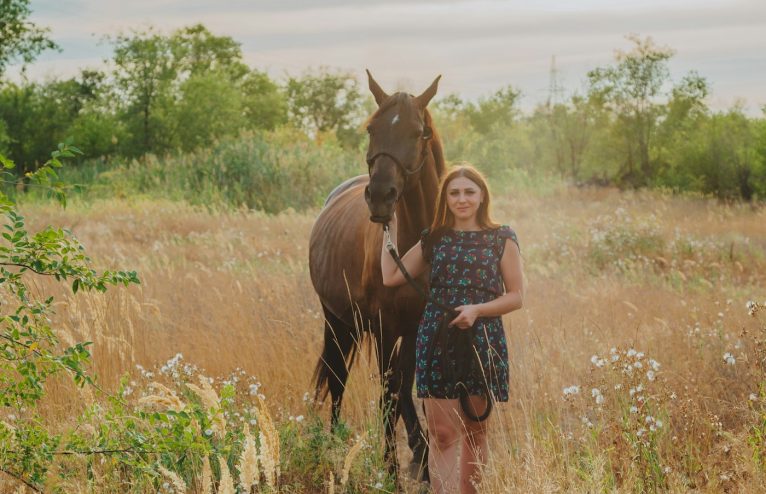






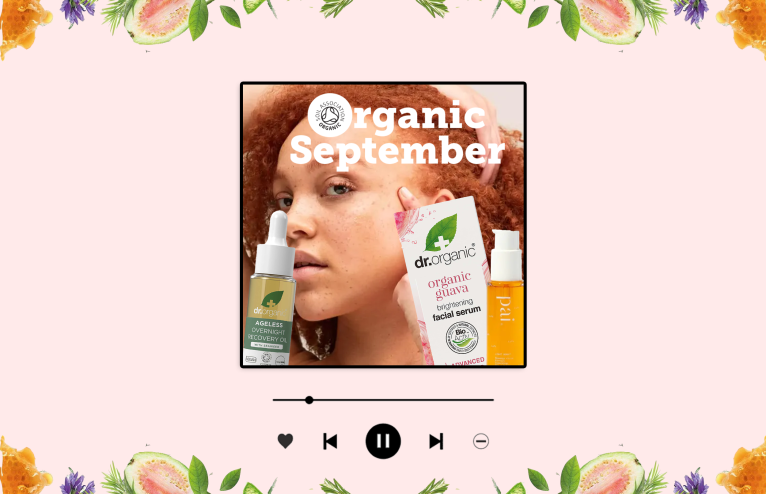
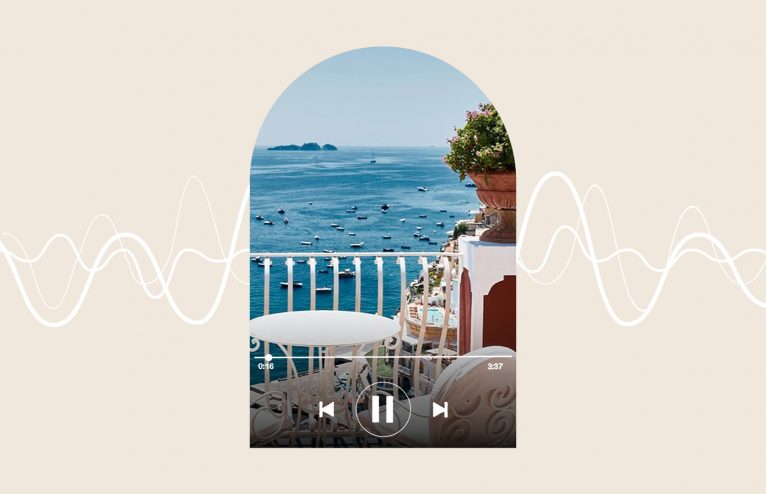




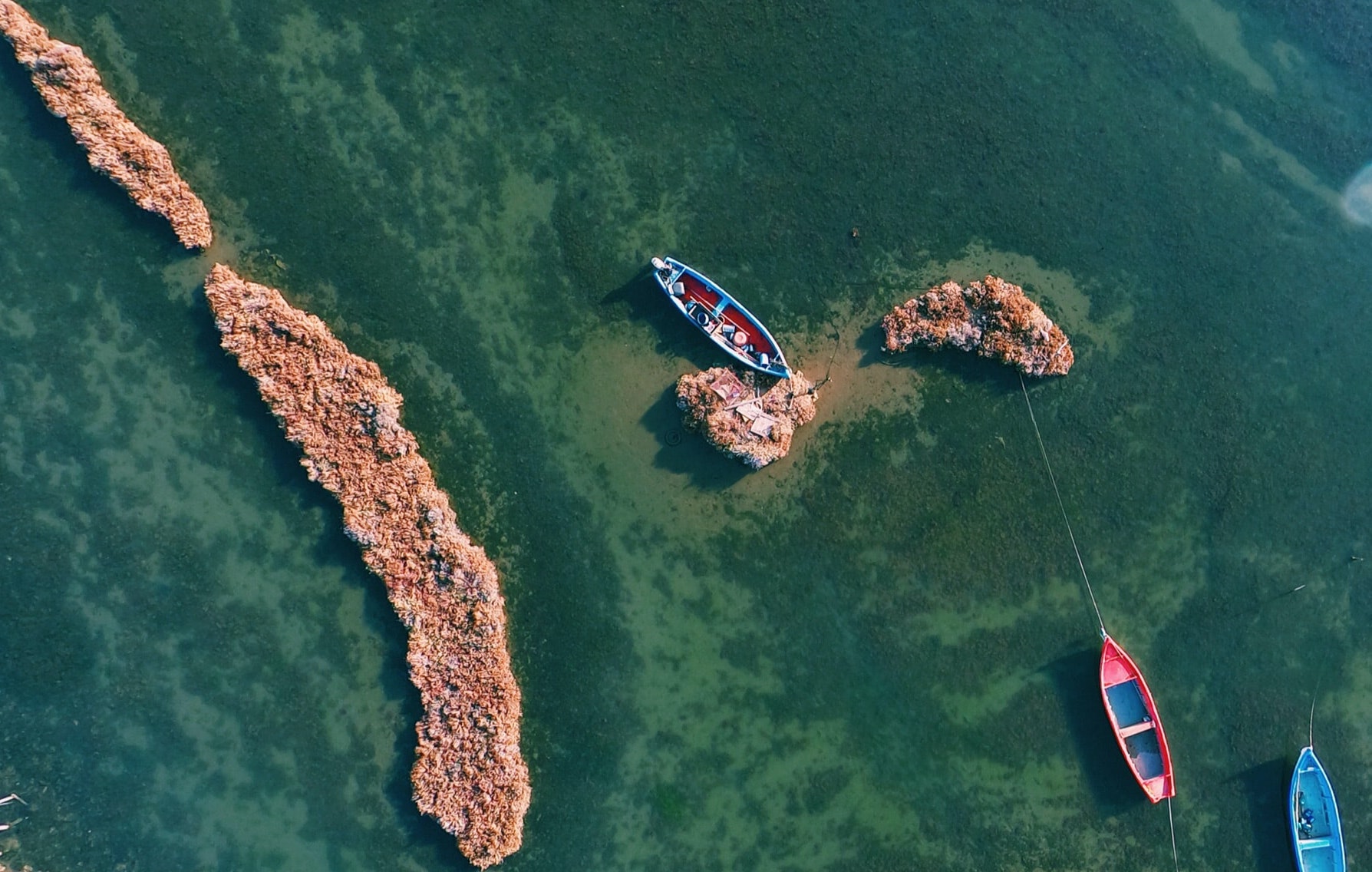
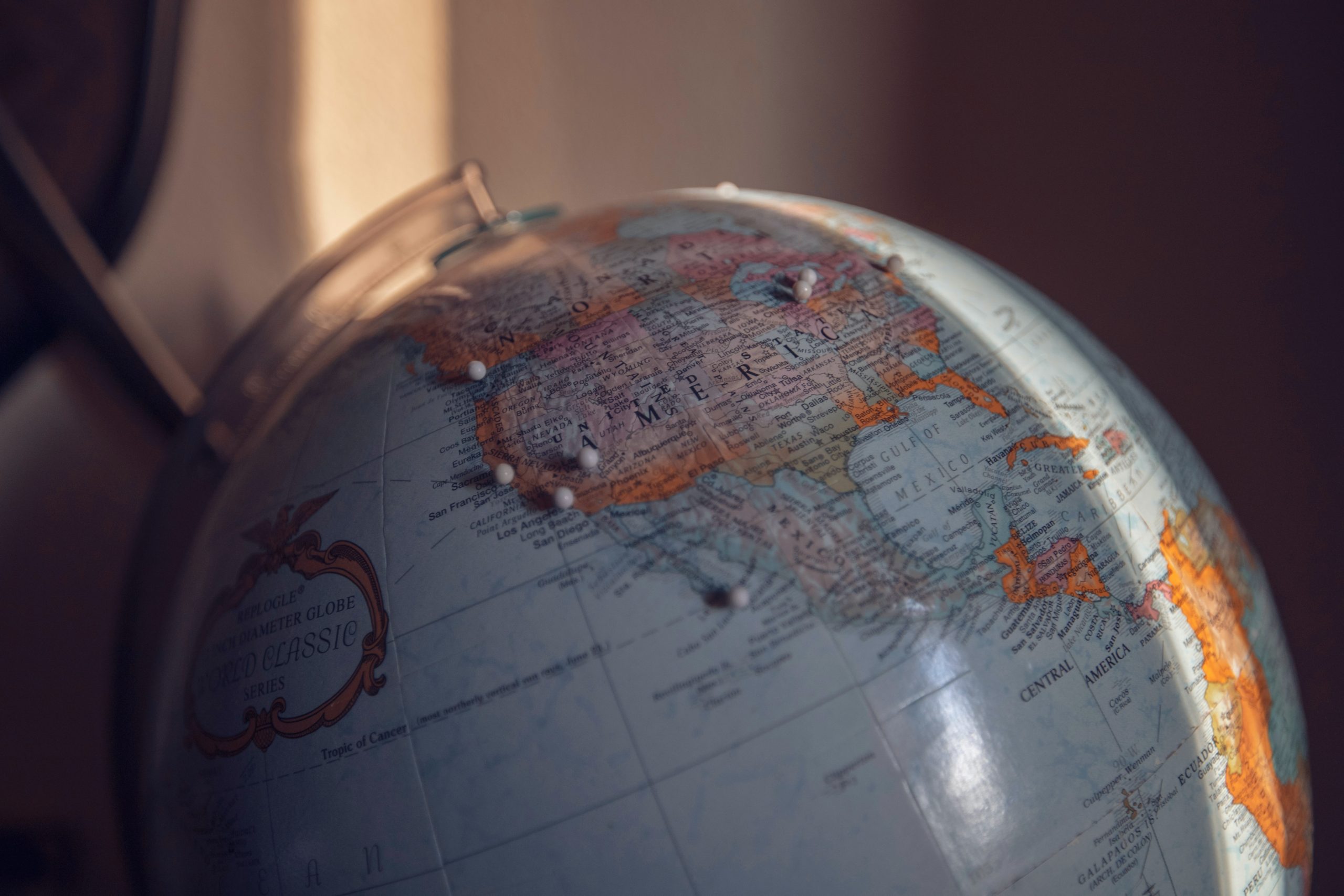
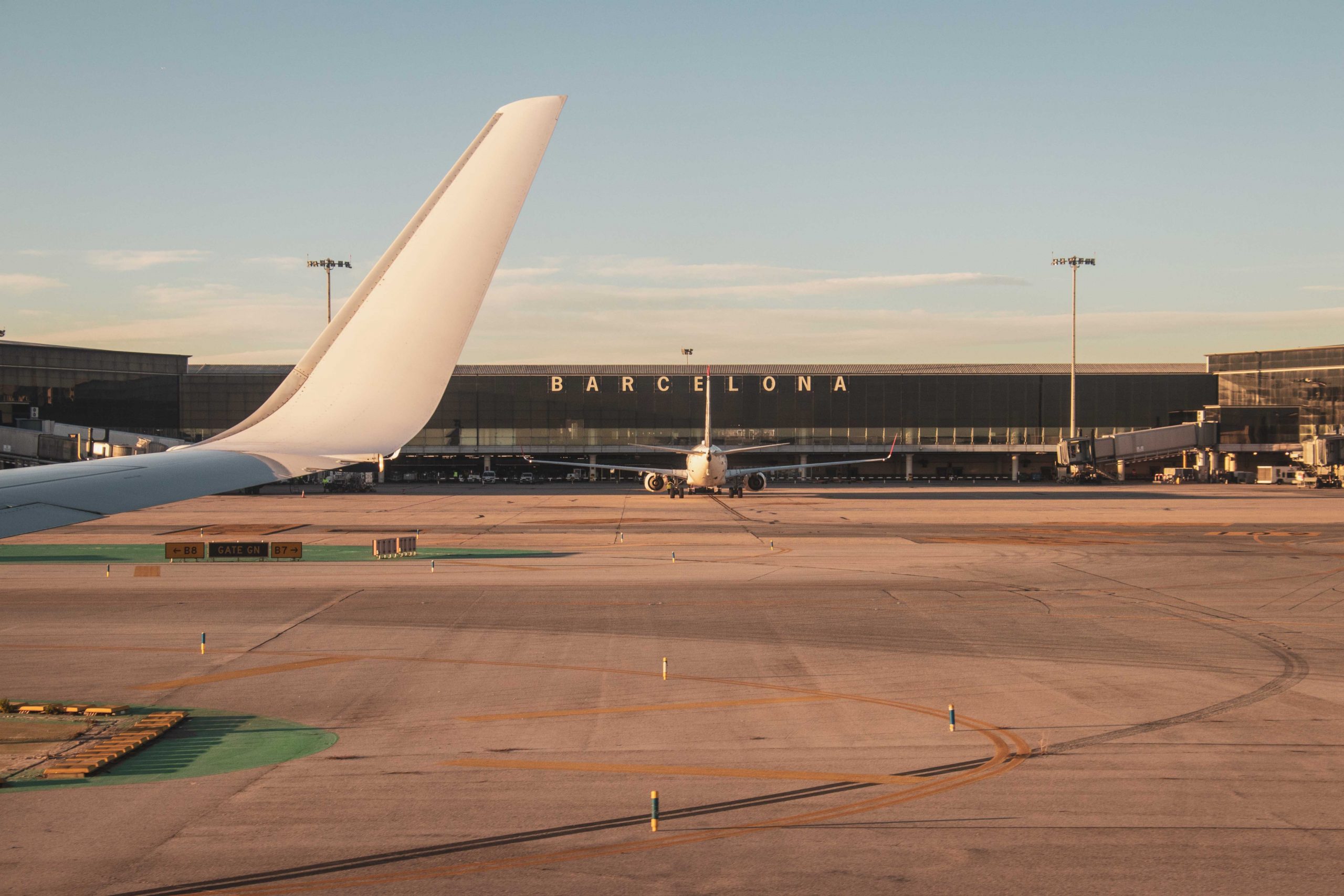





Any Questions or Tips to add?